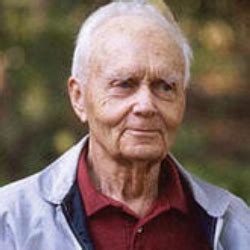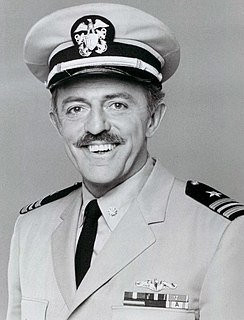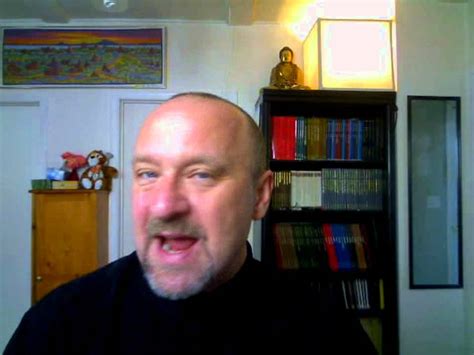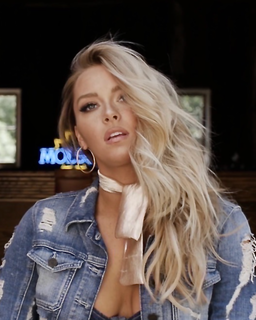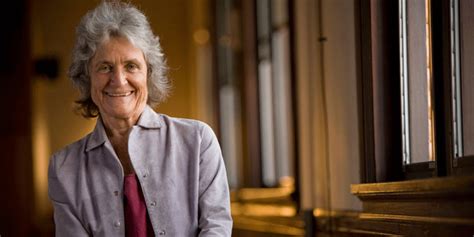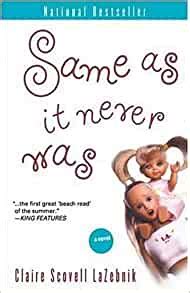A Quote by Hermann Hesse
I realize that some people will not believe that a child of little more than ten years is capable of having such feelings. My story is not intended for them. I am telling it to those who have a better knowledge of man. The adult who has learned to translate a part of his feelings into thoughts notices the absence of these thoughts in a child, and therefore comes to believe that the child lacks these experiences, too. Yet rarely in my life have I felt and suffered as deeply as at that time.
Quote Topics
Absence
Adult
Am
Believe
Better
Capable
Child
Deeply
Experiences
Feelings
Felt
Having
His
Intended
Knowledge
Lacks
Learned
Life
Little
Man
More
My Life
Notices
Part
People
Rarely
Realize
Some
Some People
Story
Suffered
Telling
Ten
Ten Years
Than
Them
Therefore
Those
Thoughts
Time
Too
Translate
Will
Years
Related Quotes
In certain circumstances where he experiments in new types of conduct by cooperating with his equals, the child is already an adult. There is an adult in every child and a child in every adult. ... There exist in the child certain attitudes and beliefs which intellectual development will more and more tend to eliminate: there are others which will acquire more and more importance. The later are not derived from the former but are partly antagonistic to them.
I believe that maturity is not an outgrowing, but a growing up: that an adult is not a dead child, but a child who survived. I believe that all the best faculties of a mature human being exist in the child. . . that one of the most deeply human, and humane, of these faculties is the power of imagination.
A parent who from his own childhood experience is convinced of the value of fairy tales will have no difficulty in answering his child's questions; but an adult who thinks these tales are only a bunch of lies had better not try telling them; he won't be able to related them in a way which would enrich the child's life.
Creating new people, by having babies, is so much a part of human life that it is rarely thought even to require a justification. Indeed, most people do not even think about whether they should or should not make a baby. They just make one. In other words, procreation is usually the consequence of sex rather than the result of a decision to bring people into existence. Those who do indeed decide to have a child might do so for any number of reasons, but among these reasons cannot be the interests of the potential child. One can never have a child for that child’s sake.
What I have learned from the teachers with whom I have worked is that, just as there is no simple solution to the arms race, there is no simple answer to how to work with children in the classroom. It is a matter of being present as a whole person, with your own thoughts and feelings, and of accepting children as whole people, with their own thoughts and feelings. It's a matter of working very hard to find out what those thoughts and feelings are, as a starting point for developing a view of a world in which people are as much concerned about other people security as they are about their own
Don't think that there's a different, better child 'hiding' behind the autism. This is your child. Love the child in front of you. Encourage his strengths, celebrate his quirks, and improve his weaknesses, the way you would with any child. You may have to work harder on some of this, but that's the goal.
The important thing is not so much that every child should be taught, as that every child should have the opportunity of teaching itself. What does it matter if the pupil know a little more or a little less? A boy who leaves school knowing much, but hating his lessons, will soon have forgotten all he ever learned; while another who had acquired a thirst for knowledge, even if he had learned little, would soon teach himself more than the first ever knew.






